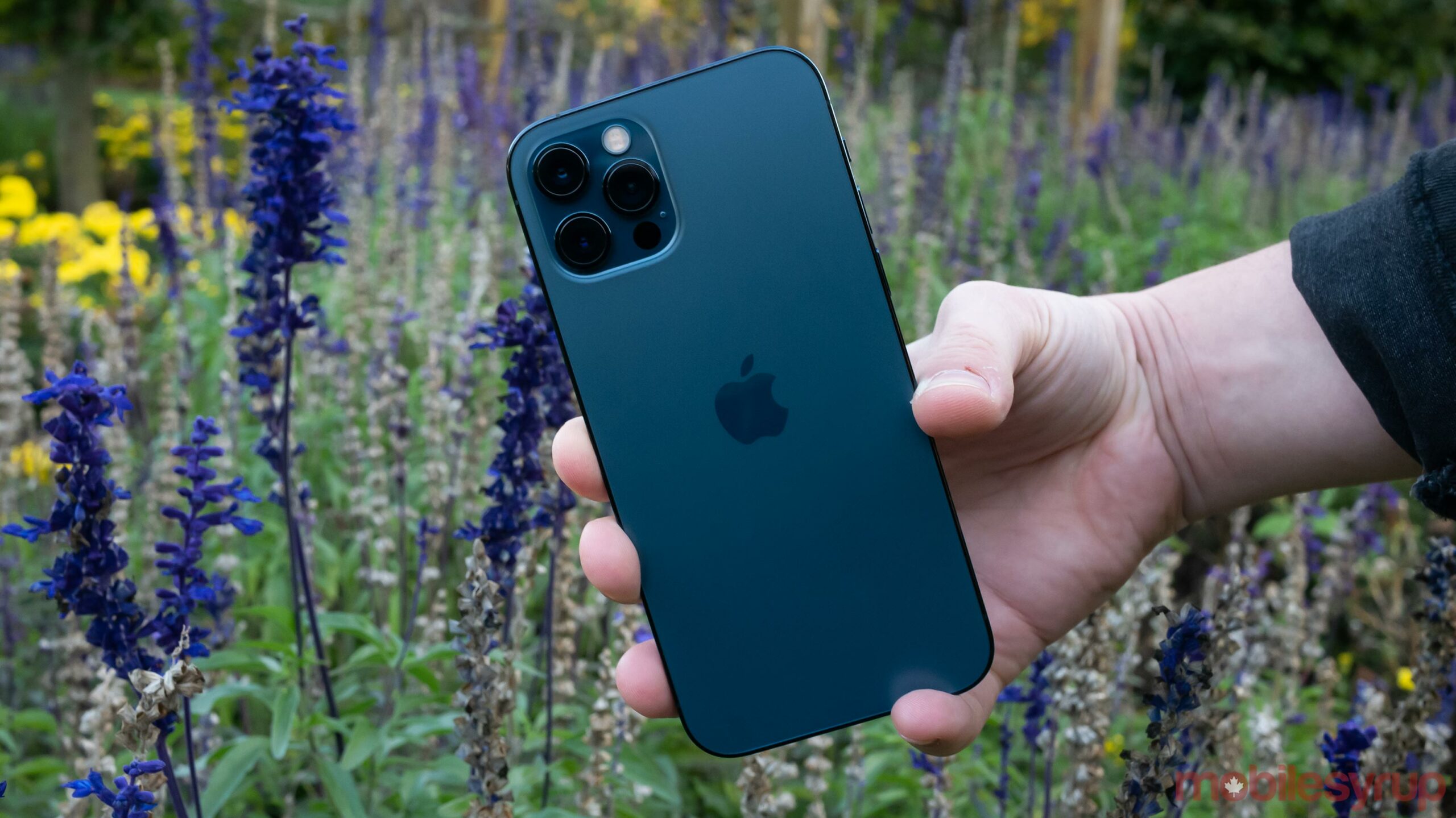
Apple has added information in a support document about how the iPhone 12 and MagSafe technology can impact pacemakers.
This comes as a study from the Heart Rhythm Journal stated that in certain situations, the MagSafe technology can deactivate pacemakers. Apple has responded to this study and emphasized that the newer iPhone model doesn’t “pose a greater risk of magnetic interference to medical devices than prior iPhone models.”
The support document was released back when the iPhone 12 launched, but the tech giant has included more information in it about pacemakers.
“Medical devices such as implanted pacemakers and defibrillators might contain sensors that respond to magnets and radios when in close contact,” the support document reads.
“To avoid any potential interactions with these devices, keep your iPhone and MagSafe accessories a safe distance away from your device (more than 6 inches / 15 cm apart or more than 12 inches / 30 cm apart if wirelessly charging). But consult with your physician and your device manufacturer for specific guidelines.”
The tech giant notes that although the iPhone 12 contains more magnets than prior iPhone models, they’re not expected to pose a greater risk.
Further, Apple notes that “all MagSafe accessories (each sold separately) also contain magnets—and MagSafe Charger and MagSafe Duo Charger contain radios. These magnets and electromagnetic fields might interfere with medical devices.”
It’s worth noting that the issue raised in the Heart Rhythm Journal’s study was due to the magnets and not necessarily the iPhone 12, considering that any strong magnet has the potential to interfere with pacemakers.
MobileSyrup may earn a commission from purchases made via our links, which helps fund the journalism we provide free on our website. These links do not influence our editorial content. Support us here.


